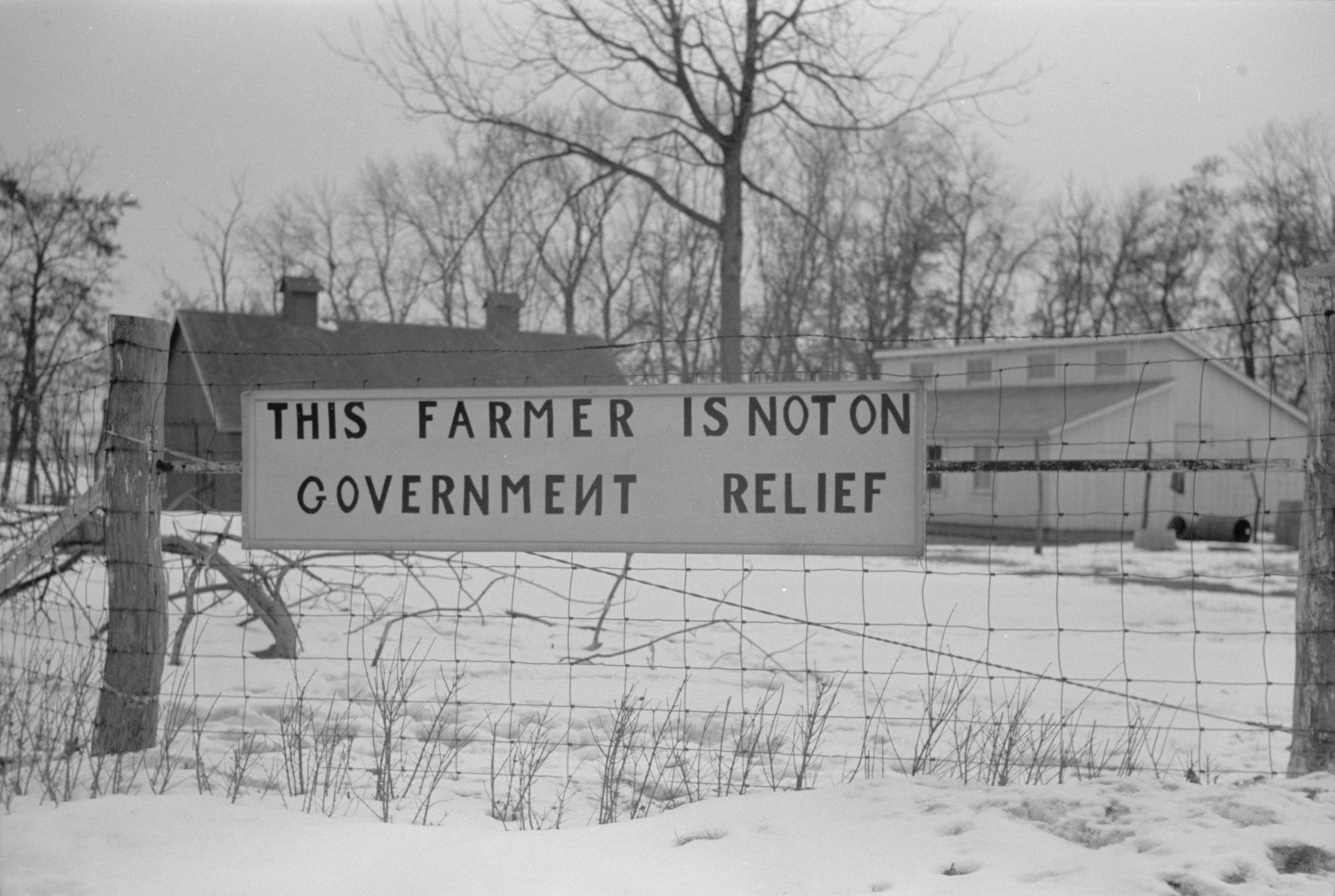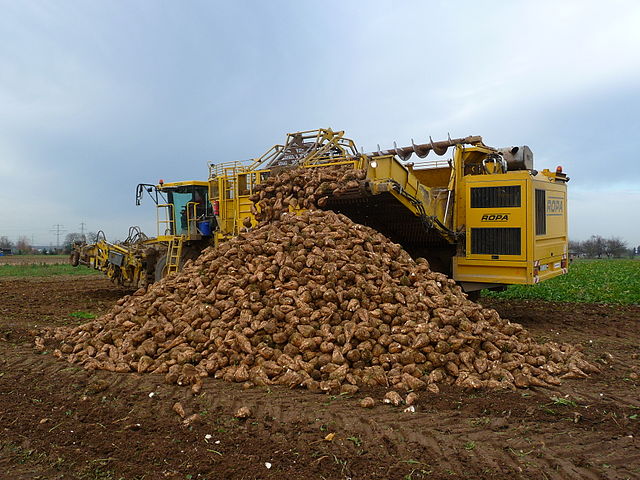On Thursday 27 November 2014 last, the WTO General Council approved three decisions related to public stockholding for food security purposes, the Trade Facilitation Agreement and the post-Bali work programme. With these agreements the hiatus in the WTO’s post-Bali work caused by India’s position on the 2013 Bali Ministerial Council decisions has been unblocked. India had demanded a commitment to faster progress on finding a permanent solution to the treatment of official procurement prices for food security stocks under domestic support disciplines, as well as the copper-fastening of the terms of the interim peace clause, in return for its willingness to approve the Protocol of Amendment to allow the Trade Facilitation Agreement to come into effect.… Read the rest
FADN data highlights dependence of EU farms on subsidy payments
Last week, the DG AGRI Farm Accountancy Data Network, FADN, made available aggregated data in its public database for the 2012 accounting year. In addition, there is now a Farm Economy Focus, or country fact sheet, based on the 2012 data for each member state which presents key FADN results in a graphical form for a general audience.
The FADN database is a key tool both for policy-makers and researchers seeking to understand the behaviour of farmers and the agricultural economy. The survey does not cover the smallest farms, but it is representative for over 4.9 million holdings across the Union.… Read the rest
EU sugar beet prices to fall by 22-23% when quotas eliminated
After much lobbying the Council and Parliament finally agreed that sugar quotas (including quotas on isoglucose) would be extended until the end of the 2016/17 season but would be abolished with effect from October 2017. In January this year, the EU’s Joint Research Centre (JRC) Institute for Prospective Technological Studies published its assessment of what might happen to the EU sugar market as a result of the abolition of sugar quotas. It is worth examining this report in some detail both for its substantive conclusions but also for some insight into the factors likely to affect the EU sugar market balance in the years after 2017.… Read the rest
An agricultural perspective on the European Council 2030 climate and energy framework conclusions
The European Council agreed on a set of climate and energy targets for 2030 (the 40/27/27 package) at its meeting last month. The agricultural sector has a particular interest in these conclusions given that it is affected by climate change targets in three different ways:



